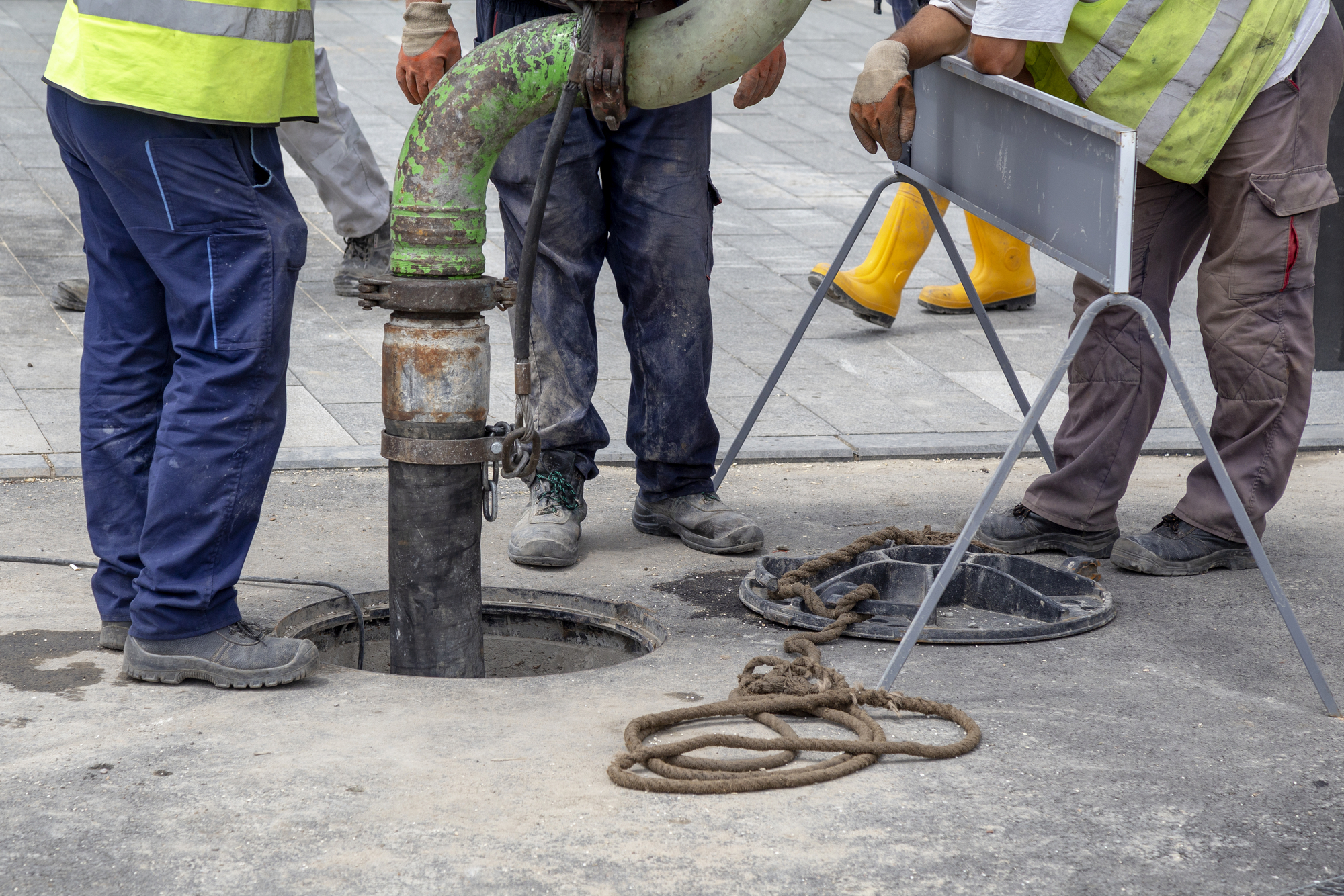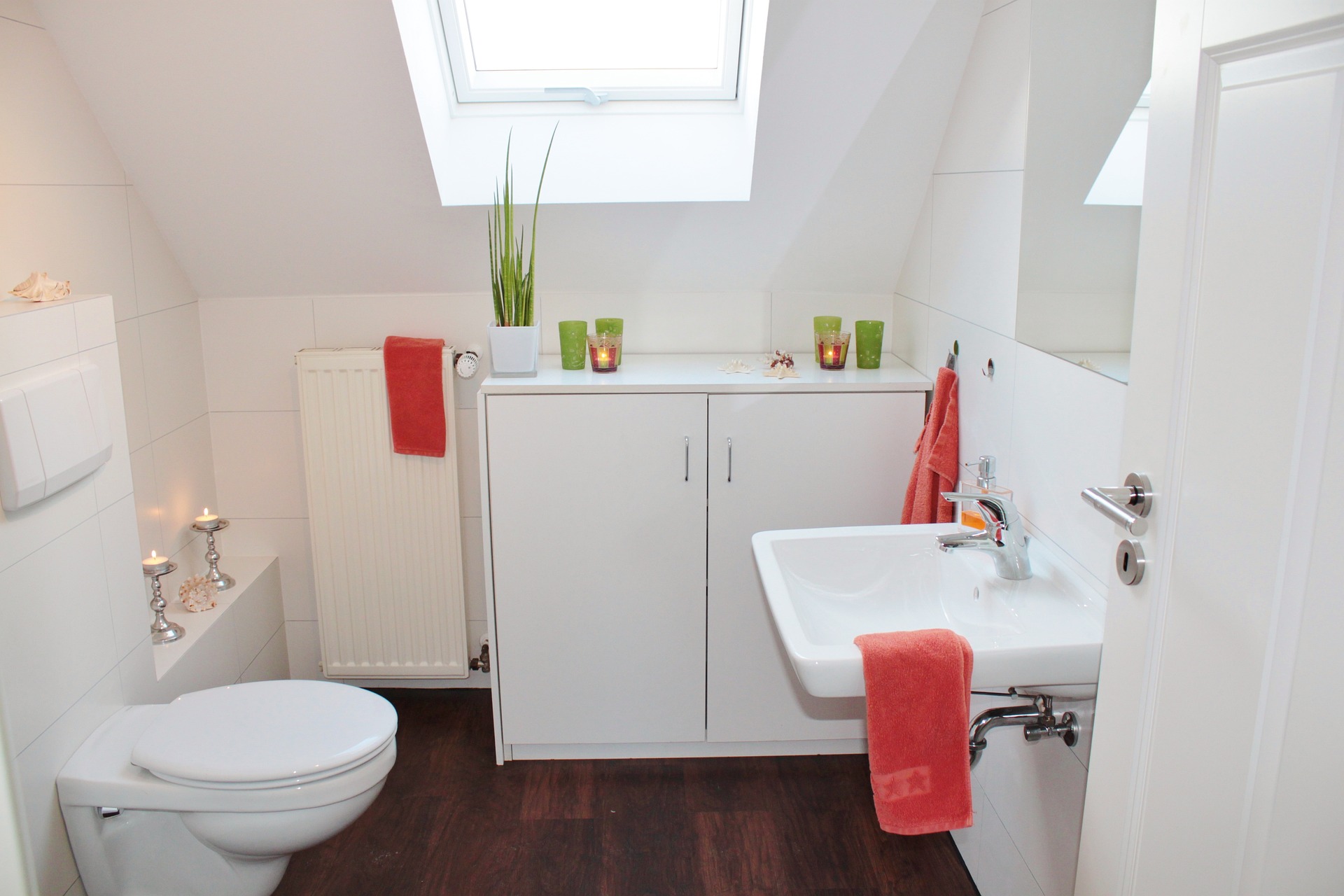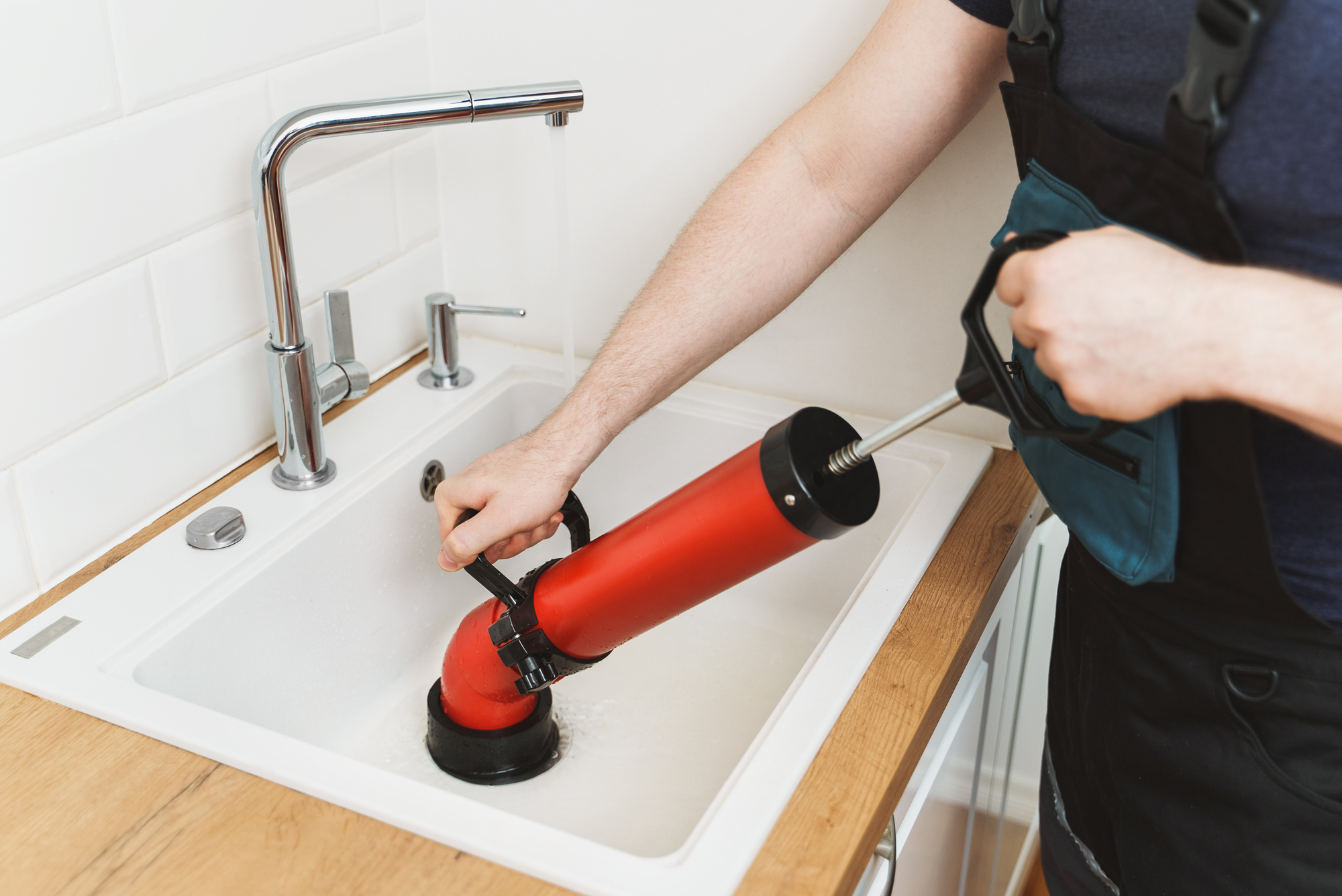Common reasons for suddenly have low water pressure in your home:
Low water pressure can be frustrating to deal with, especially when it comes out of nowhere. There are various reasons why you may suddenly have low water pressure in your home. Some of the common reasons are:
1. Clogged Pipes
When pipes become clogged, water may struggle to come through, causing low water pressure. The buildup may be due to mineral deposits or rust in your pipes. This can affect not only the water flow but also the quality of your water. You may need to hire a professional plumber to clear out the clogs and restore the water pressure to your home.
2. Faulty Pressure Regulator
The pressure regulator controls the water pressure that flows through your pipes. If it’s not functioning correctly, it can cause a decrease in the water pressure. A professional plumber can help diagnose the issue and replace the faulty regulator.

3. Old Pipes
The age of your pipes can also be a factor in low water pressure. As pipes age, they may become corroded, causing water to leak out or reduce pressure. If your pipes are old, you may want to consider replacing them.
4. Leaks
If you have a leak somewhere in your plumbing system, it will cause a drop in water pressure. A professional plumber can locate the leak and repair it to restore water pressure.
5. Municipal Water Supply Issues
At times, low water pressure may not be a problem with your plumbing. It could be an issue with your local water supply. Municipal water companies may reduce the water pressure for maintenance or to deal with a water main break. If this is the case, the issue should be temporary.

Having low water pressure may also be a result of several reasons. However, the potential hazards of ignoring the symptoms of low water pressure make it essential to solve it as quickly as possible. Low water pressure can cause several issues in your home, including:
1. Poor Shower Flow
Your morning routine can be disrupted by low water pressure. Poor shower flow can take longer to rinse out shampoo and leave soapy residue on the skin.
2. Lengthened Laundry Schedule
Reduced water pressure in the washing machine can prolong laundry time, leaving dirty or soapy beddings and clothes behind.
3. Restricted Irrigation
Insufficient water supply from sprinklers and taps can adversely affect the greenery and lawn in the backyard.
4. Poor Water Quality
Low water pressure leaves a limited amount of water to dilute high mineral concentrations in tap water. The result is hard water that affects the taste, color, and smell of the water, including scaling and clogging.
5. Damaged Appliances and Fixtures
Low water flow can result in appliances and fixtures becoming damaged or broken. Dishwashers and washing machines rely on consistent water pressure to function efficiently. Meanwhile, low water flow can cause faucets, showerheads, and pipes to wear away and become prone to clogging.
What Can You Do to Solve Low Water Pressure Issues?
If your home is experiencing low water pressure, the first thing you should do is check to see if the water pressure is low throughout the house or just in one location. Check to see if the issue is only with the hot water or cold water.
If you notice the issue is only happening in one area, such as the shower or sink, the problem may be isolated to that fixture and may not be related to your plumbing system.
Suppose the issue is affecting your entire home. In that case, it’s vital to get in touch with a professional plumber who can diagnose the underlying cause of the low water pressure and provide a solution. Some of the possible solutions include:
1. Repiping
In some cases, replacing old pipes with new ones may be the best solution for low water pressure. Modern copper or plastic supply piping may be used to replace the original cast iron or galvanized steel pipes.
2. Cleaning the Pipes
Mineral deposits or rust buildup inside the pipes can cause low water pressure. A professional plumber can use the right tools and chemicals to remove the blockage inside the pipes.
3. Pressure Regulator Replacement
Low water pressure can be caused by a failing pressure regulator. A professional plumber can assess the regulator’s condition and offer a replacement if needed.
4. Leaks
Leaking pipes can cause low water pressure. Professional plumbers can detect and repair any leaks in your home’s plumbing system.
Conclusion:
Low water pressure can be frustrating and disruptive. However, it’s essential to address the issue promptly and accurately since low water pressure can cause lasting damage to different appliances and fixtures. Fortunately, many solutions can solve low water pressure, depending on the underlying cause of the issue. If you are experiencing low water pressure in your home, contact professional plumbers who can assess and provide possible solutions to the issue.






